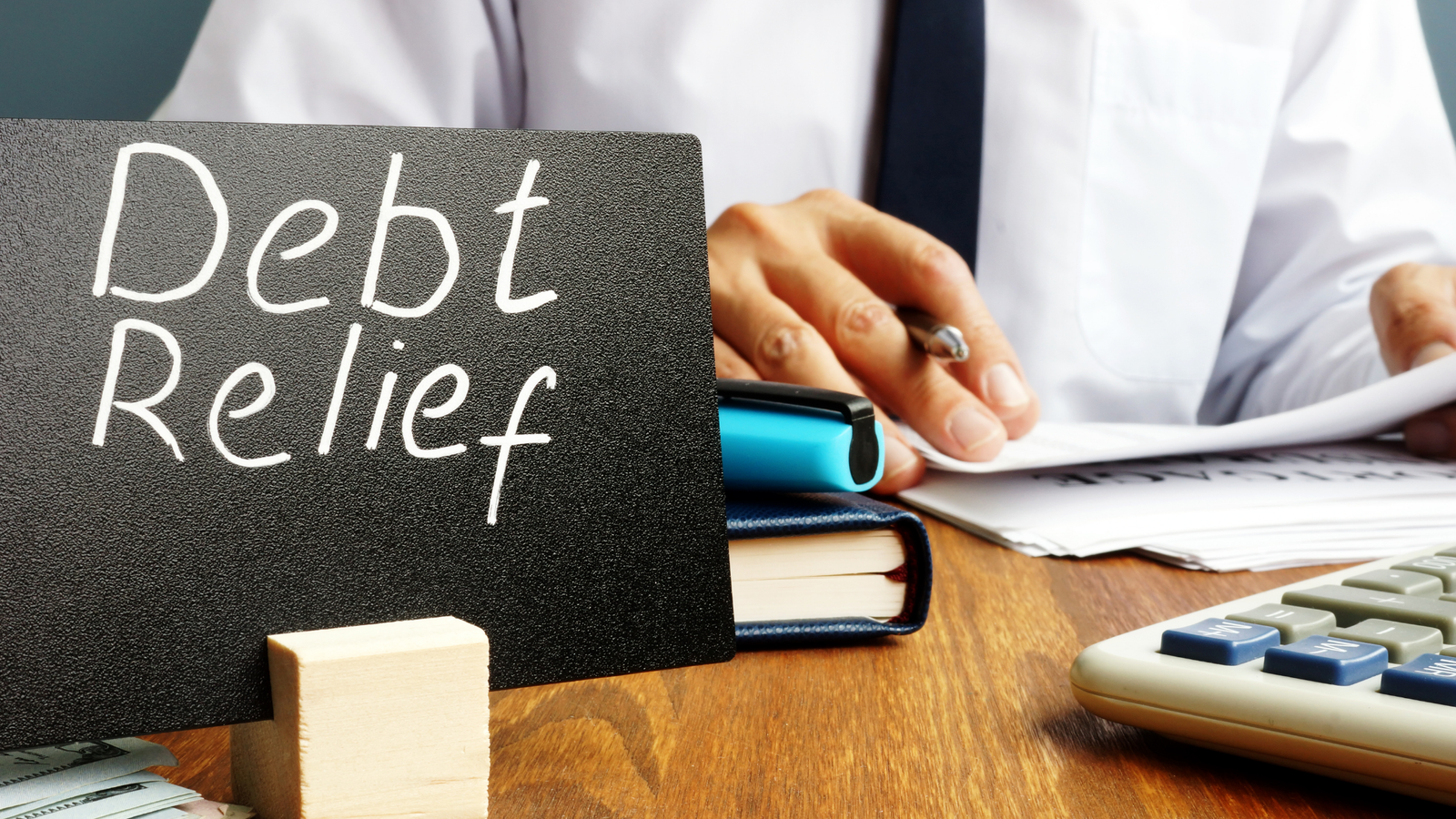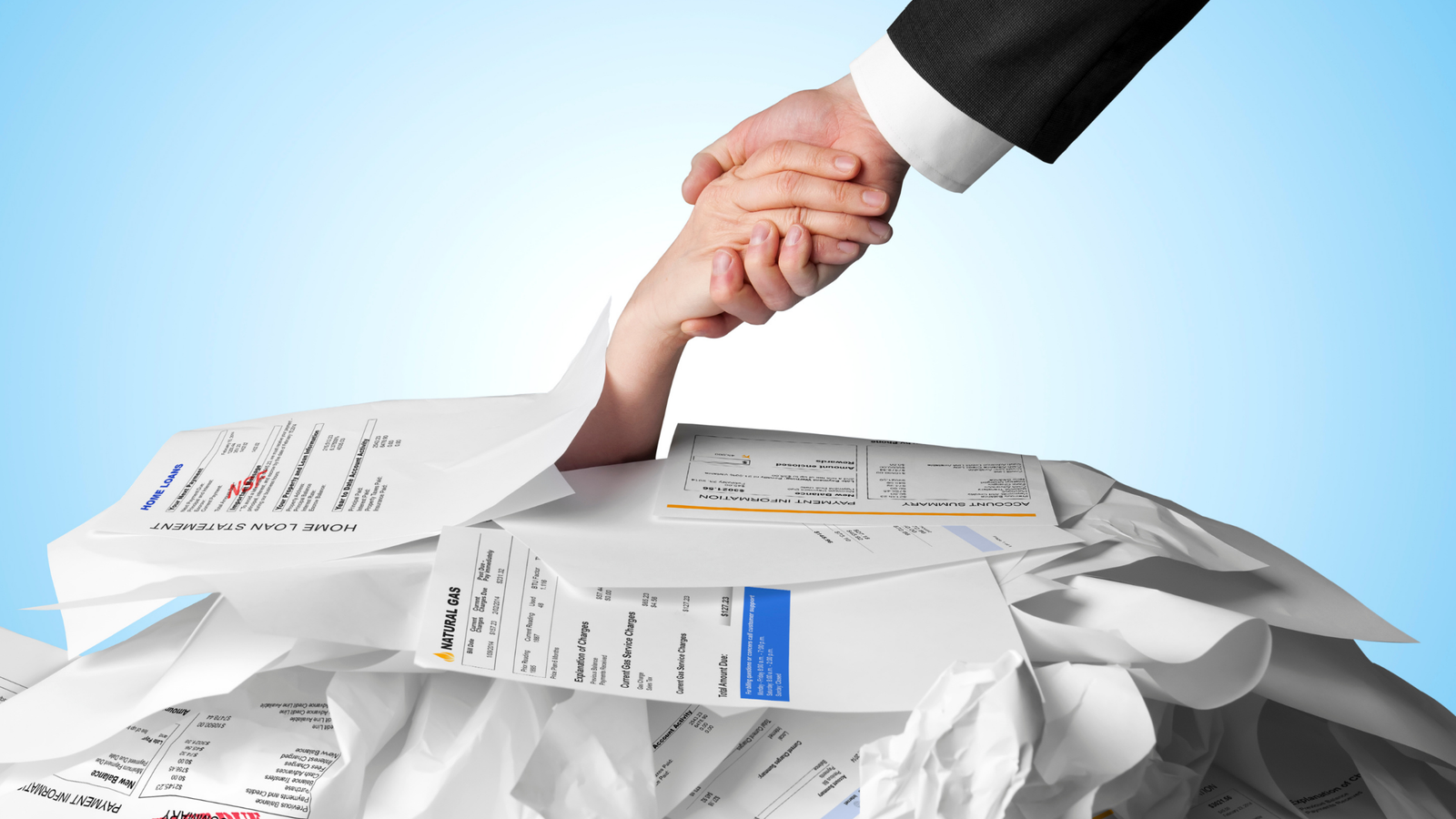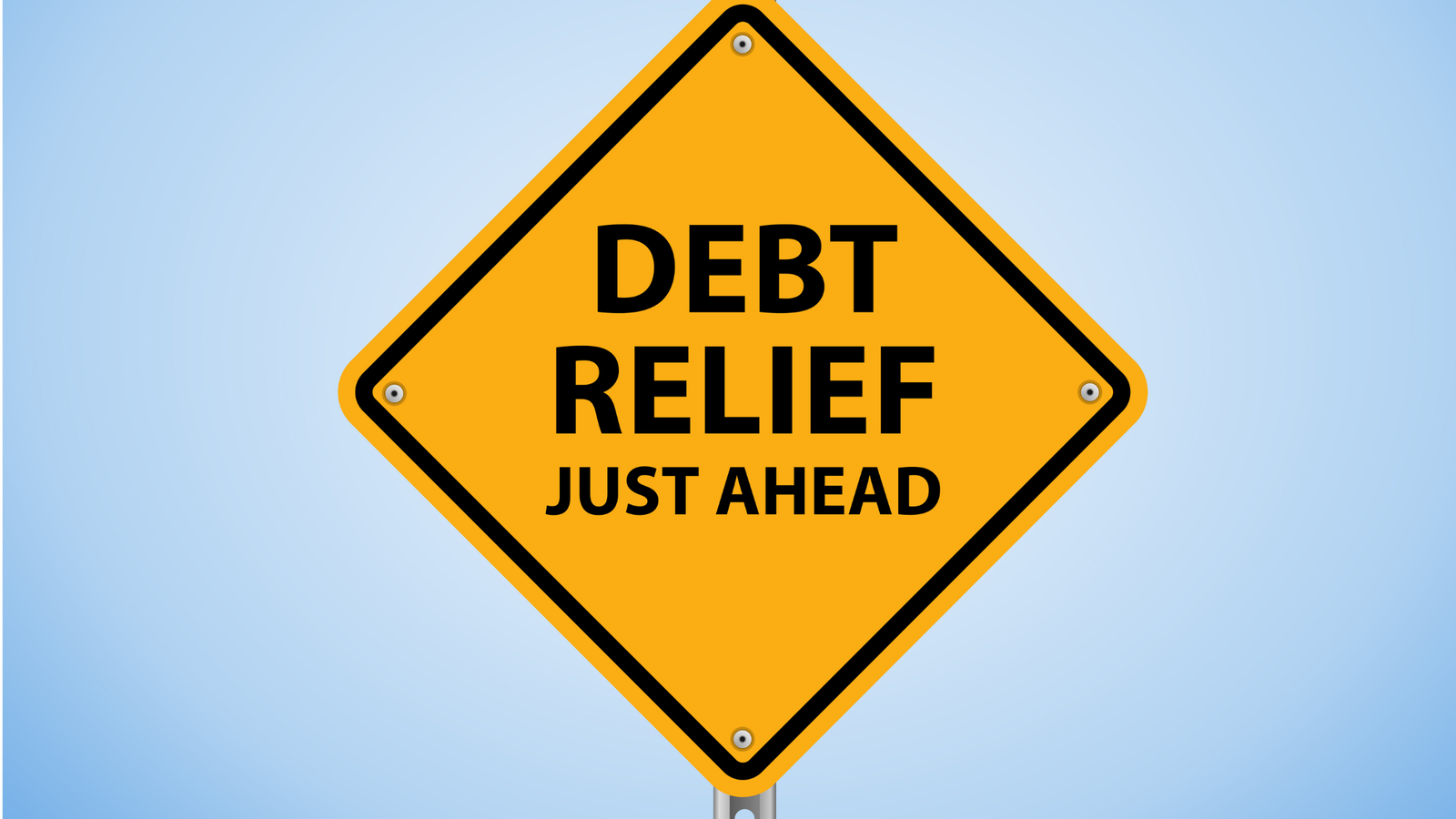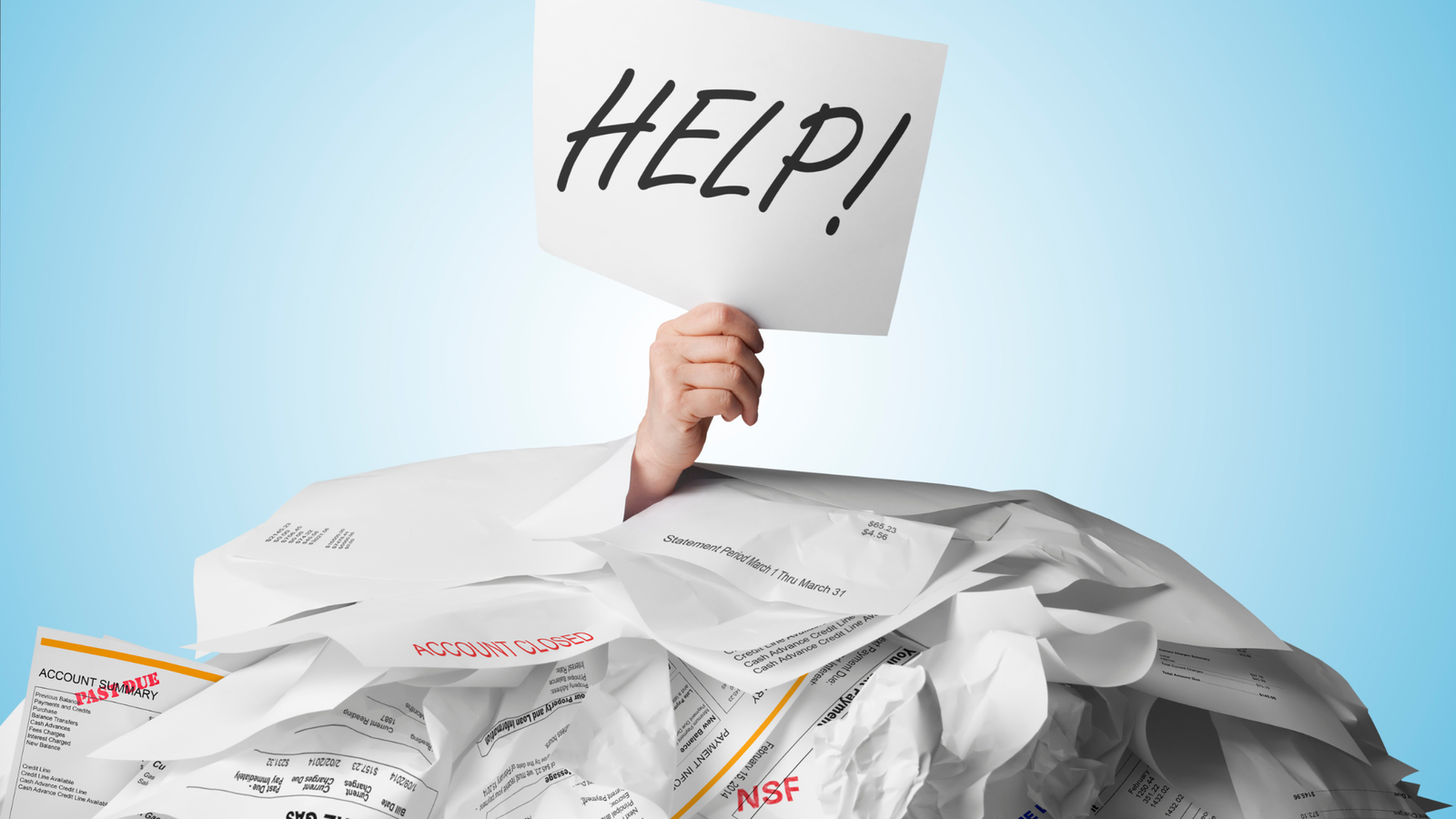Dealing with overwhelming debt can be a daunting challenge, but there are solutions that can help you regain control of your finances. Debt settlement is one such option. In this article, we’ll demystify debt settlement, explain what it is, and provide insights into how it work
What Is Debt Settlement?
Debt settlement is a financial strategy that allows you to negotiate with your creditors to pay off your debt for less than the total amount owed. It’s a legal and legitimate way to find relief from unmanageable debt burdens. Here’s how it works:
The Process
Debt settlement typically involves the following steps:
1. Assessment: First, you assess your financial situation, including your total debt and your ability to make payments. This helps determine whether debt settlement is a suitable option.
2. Enrollment: If you decide to proceed, you’ll enroll in a debt settlement program or, in some cases, negotiate directly with your creditors.
3. Funding: You set aside a specific amount of money in a dedicated savings account. This money will be used to negotiate and settle your debts.
4. Negotiation: Your debt settlement company or you (if negotiating directly) will approach your creditors to negotiate a reduced payoff amount. Creditors may accept a lump-sum payment that’s less than the total debt.
5. Settlement: When an agreement is reached, you make the agreed-upon payment, and your debt is considered settled.
Key Benefits of Debt Settlement
Debt settlement can offer several advantages for those struggling with debt:
– Debt Reduction: You can potentially reduce the total amount of debt you owe, making it more manageable.
– Speedy Resolution: Debt settlement typically takes less time than other debt relief options like debt consolidation.
– Avoiding Bankruptcy: It’s an alternative to filing for bankruptcy, which can have long-lasting consequences on your credit.
– A Fresh Start: Once your debt is settled, you can begin rebuilding your financial future.
Important Considerations
While debt settlement has its merits, it’s not without its challenges and considerations:
– Credit Score Impact: Debt settlement can have a negative impact on your credit score, as creditors may report the settled debt as “paid for less than the full amount.”
– Fees and Taxes: Some debt settlement companies charge fees, and the forgiven debt may be considered taxable income.
– Creditor Cooperation: Not all creditors are willing to negotiate, so results may vary.
Is Debt Settlement Right for You?
Debt settlement can be an effective strategy if you find yourself in a financial bind, but it’s essential to determine whether it’s the right choice for your specific situation. Consider the following factors:
1. Level of Debt: Debt settlement is most suitable for individuals with a significant amount of unsecured debt, such as credit card debt or medical bills.
2. Financial Hardship: You should be facing genuine financial hardship, making it impossible to repay your debts in full.
3. Willingness to Negotiate: You must be prepared to negotiate with your creditors or work with a reputable debt settlement company.
4. Alternative Options: Before opting for debt settlement, explore other debt relief options like debt consolidation or credit counseling.
Conclusion
Demystifying debt settlement reveals that it is a viable strategy for individuals overwhelmed by debt. By negotiating with creditors to reduce the total amount owed, debt settlement offers a pathway to financial recovery. However, it’s crucial to assess your situation carefully and consider the potential consequences. If used wisely and in the right circumstances, debt settlement can be a stepping stone toward a debt-free future.










